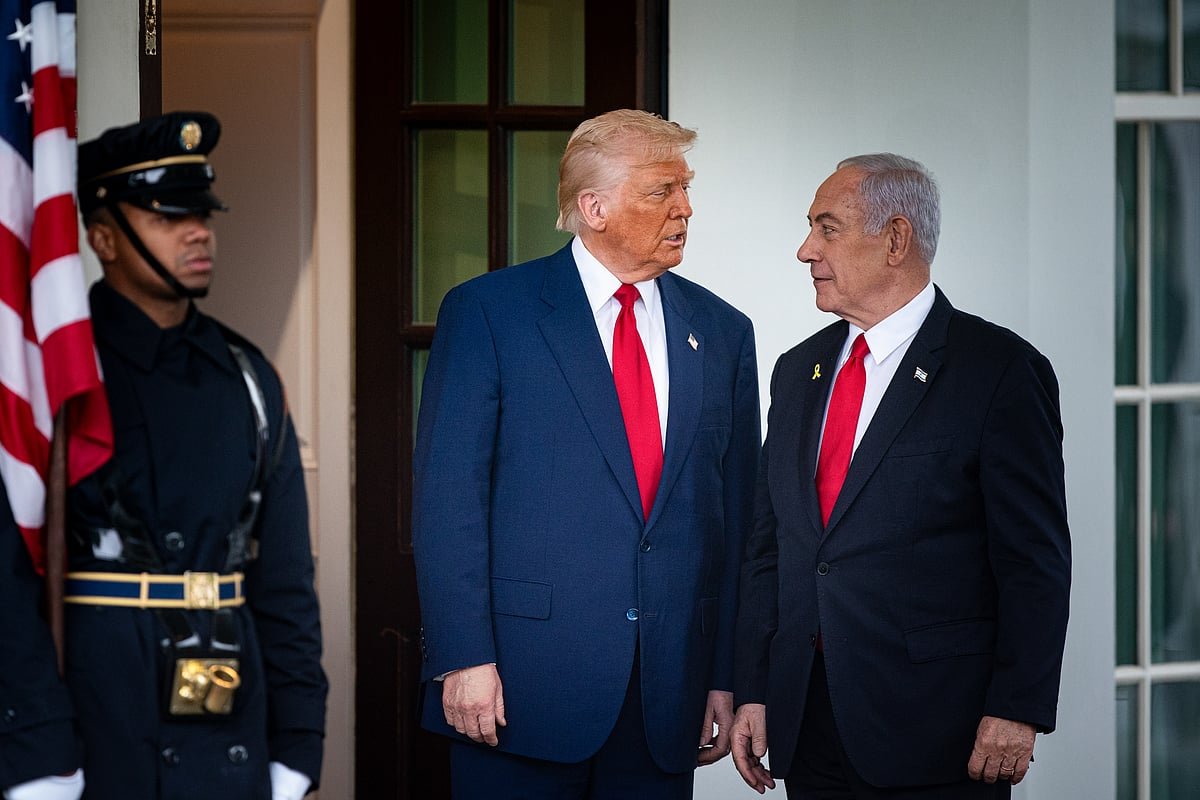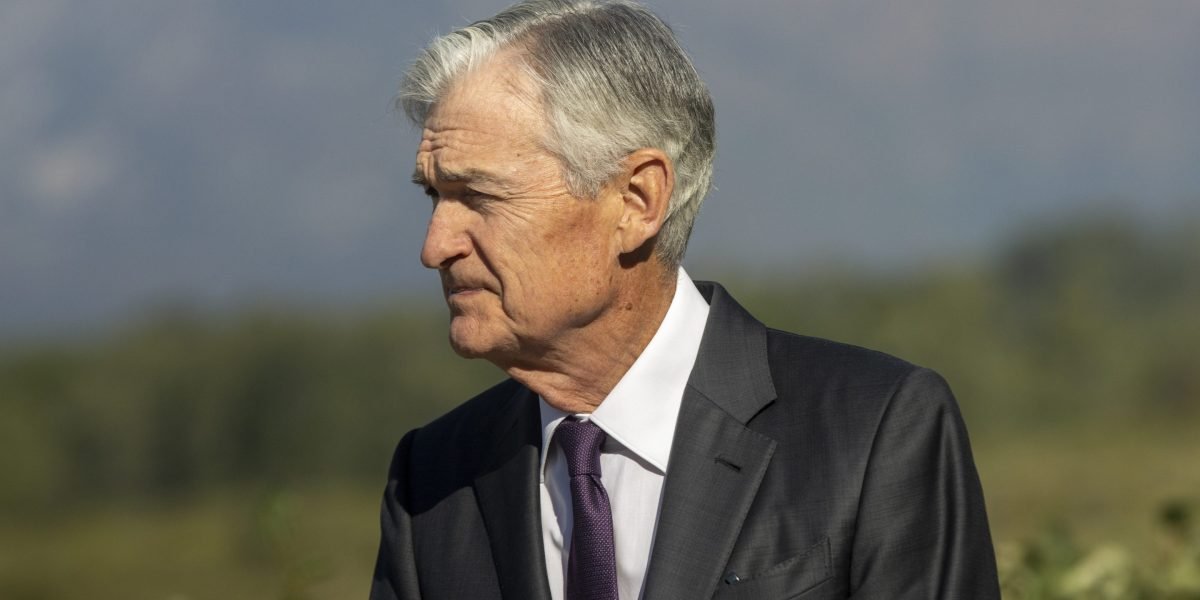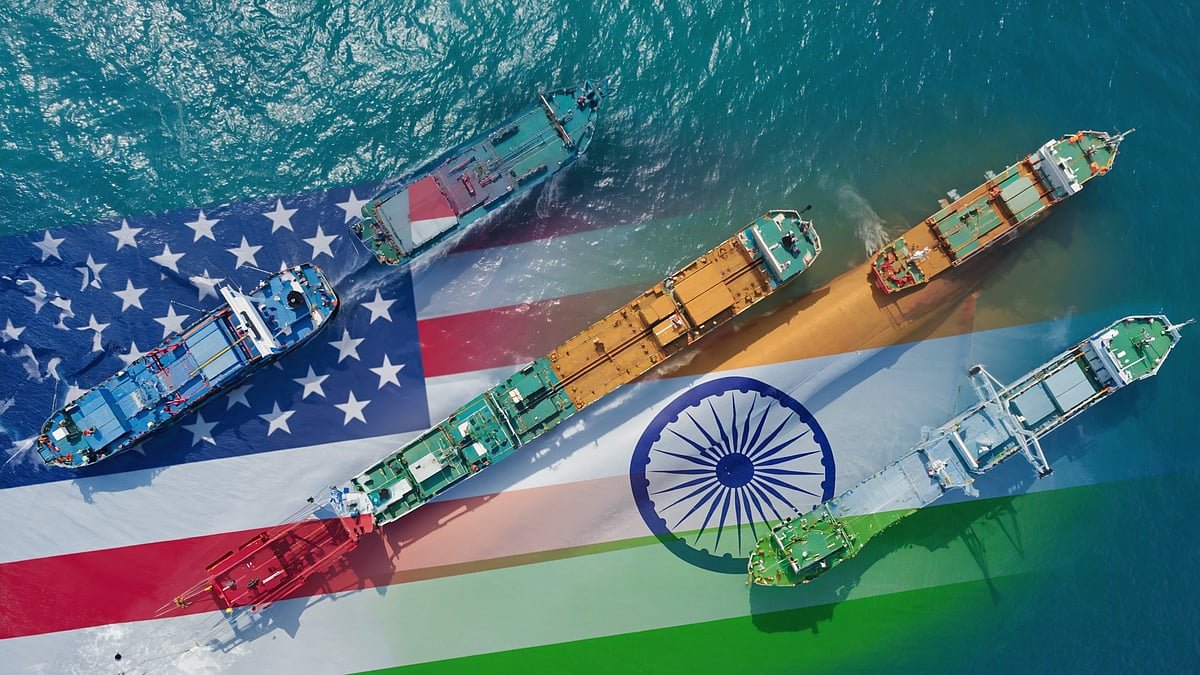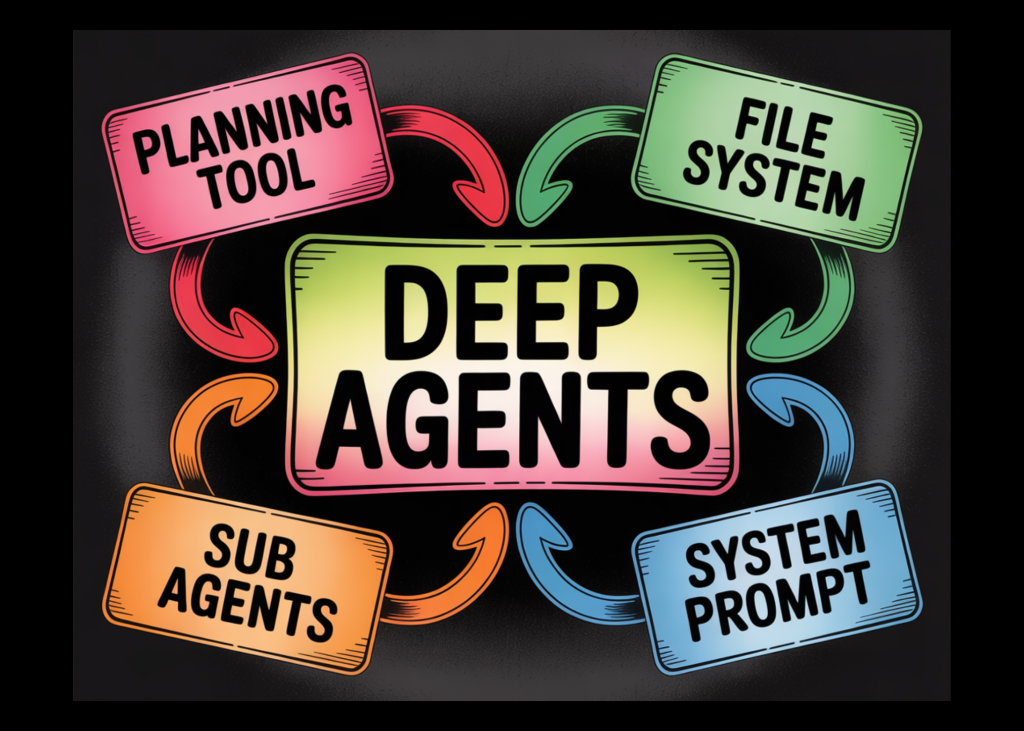At the same time as it manages fragile partnerships with Arab countries in the region, the US has had to tread delicately with Israel — supporting its campaign to eliminate Hamas, which the US and European Union designate a terrorist group, while prioritizing the release of hostages and an end to the fighting without deeper US involvement in the Middle East crisis.
Trump said Netanyahu told him during their call “that he wants to make Peace. I believe this unfortunate incident could serve as an opportunity for PEACE.” He didn’t elaborate on whether there would be consequences for Netanyahu’s unilateral action or fresh demands of Israel, even as the US has said the strike didn’t advance the goals of Israel or the US in ending the conflict that’s soon set to stretch into a third year.
Trump has generally supported Israel’s military actions against Hamas and other Tehran-backed militant groups — as well as Netanyahu’s airstrikes on Iran itself three months ago.
Israel’s unilateral action “shows Netanyahu feels empowered to take greater and greater risks to pursue what he views as Israel’s interests. The attack shows his risk tolerance of repercussions from the US is quite high,” said Will Todman, senior fellow for the Middle East Program at the Center for Strategic and International Studies in Washington.
“He feels he can act decisively and in unprecedented ways without incurring serious repercussions from the US.”
Netanyahu called the latest move against Hamas “a wholly independent Israeli operation.” Later, in a speech at the US embassy in Jerusalem, he said the strike could open the door to ending the war in Gaza if Hamas, like Israel, accepts Trump’s principles for a resolution.
Hamas, however, said the attack will not change the conditions it is seeking from Israel in talks. The group said in a statement that five of its members were killed in the Doha attack, but that officials from its main negotiating delegation survived.
On top of Qatari charges of a violation of territorial sovereignty and international law, condemnation poured in from other Middle East and European capitals. Several states echoed concerns that the conflict could spread — at odds with Netanyahu’s and Trump’s characterization of the incident as opening a path toward peace.
The United Arab Emirates, which normalized ties with Israel five years ago under the Abraham Accords that Trump brokered, warned Israel its actions would have “extremely dangerous repercussions” for regional security. Saudi Arabia, which the US leader is pushing to join the accords, called it a “criminal act.”
British Prime Minister Keir Starmer on X said “the priority must be an immediate ceasefire, the release of hostages, and a huge surge in aid to Gaza,” while French President Emmanuel Macron said that “under no circumstances should the war spread throughout the region.”
Oil jumped after reports of the Israeli attack, which revived fears of a wider conflict in the Middle East. West Texas Intermediate climbed 2.3% to top $63 a barrel before paring gains.
Israel has been fighting Hamas in Gaza since the militant group’s deadly attack on the country in October 2023. Qatar is one of the key mediators between Israel and the Palestinian group, designated a terrorist organization by the US and European Union, and has been central to the halting ceasefire talks between the two sides.
Those talks have not advanced since Hamas said in mid-August it had agreed to a proposal to release half of the hostages it still holds from the Oct. 7 attack in exchange for a partial withdrawal of Israeli troops. Israel, which has demanded Hamas fully disarm, has since initiated plans to take over Gaza City, and this week ordered its 1 million residents to leave ahead of a major military offensive.
Arab nations were already on edge about the death toll from Israel’s military campaign in Gaza and the humanitarian impact of the war, which has devastated the territory. A United Nations body has declared a famine in parts of Gaza due to blocks on food aid, intended to raise pressure on Hamas.



